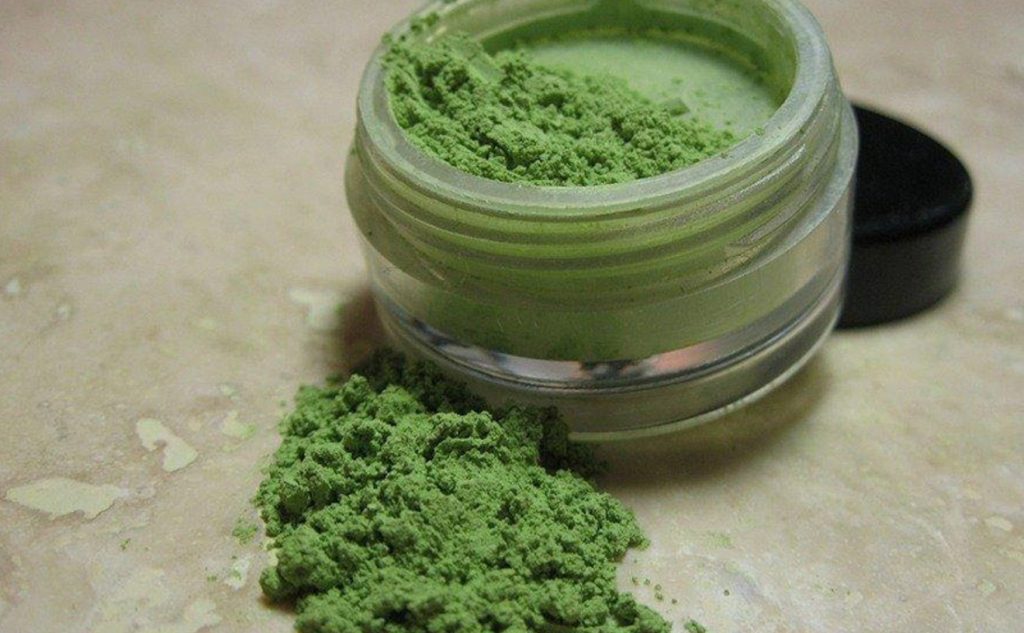The delta-8-THC is one of the fascinating compounds in the world. Many proverbs say that it was found in 1839, but other studies show this information is not accurate. It was named after delta-6-tetrahydrocannabinol because it was an analog for this compound and had a very similar chemical formula. Go to cbd-kratom.com/delta-8-thc/and learn more.
It also has many medical implications, such as preventing nausea and vomiting from chemotherapy treatments, reducing anxiety levels, relieving pain and inflammation from menstrual cramps or arthritis due to its antiemetic properties, and relieving fibromyalgia symptoms with its analgesic properties.
This compound was synthesized for the first time in 1992 by Prof. Raphael Mechoulam and his team, who were researching methods to generate new cannabinoids. This study helped to understand how many different compounds could be found from one source.
This compound has a meager amount of psychoactive properties, and it does not produce euphoria, but it is a perfect treatment for other ailments. To prove this point, many studies have been done with humans to show the effects of taking delta-8-THC.
The first study was done on humans to test its effects on patients suffering from a major depressive disorder. They were given a medicine that contains delta-8-THC and another controlled medicine, which had no THC in it.

The results showed that the patients taking the delta-8-THC felt no different from those of the controls regarding their symptoms. This happened because delta-8-THC does not have psychoactive properties or a euphoric effect.
This indicates that this compound was not working as an antidepressant, but it was an antiemetic agent and a pain reliever. With this result, the researchers did more studies and found more information about the compound.
They discovered that delta-8-THC could reduce vomiting and nausea, which means it has a potent antiemetic effect. This is why medical cannabis is used for chemotherapy patients’ prevention.
Another study has been done with humans to prove that delta-8-THC had no psychoactive effects on them. Patients were given a placebo pill, and they had to take this pill every day at the same time for two weeks.
The researchers measured the time and concentration of delta-8-THC in their blood. They discovered that there were no differences between the patients who were taking the placebo and those who were taking delta-8-THC.
This means that there are no psychoactive or euphoric effects of this compound, but it still has some medical benefits. In other studies, this compound was found to reduce pain, inflammation, and muscle spasms due to its analgesic properties.
The last subject studied with delta-8-THC was fibromyalgia patients, which is a long-term disorder.



